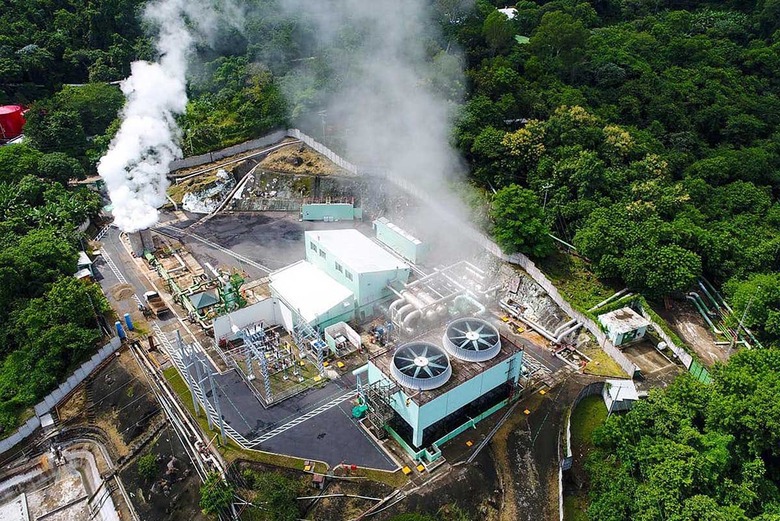El Salvador's audacious volcanic Bitcoin mining has the IMF on alert
El Salvador plans to use volcanic power to mine Bitcoin, the latest unexpected twist as the country makes the cryptocurrency a parallel legal tender. While El Salvador will continue to use the US dollar, as it has since 2001, it will also accept Bitcoin at the same time, a move which had frustrated environmentalists concerned about the energy requirements to mine the virtual coins.
Just how environmentally-profligate Bitcoin mining – and, indeed, mining of other cryptocurrencies – actually is has been controversial in recent months. Elon Musk, Tesla's CEO, notably backtracked on accepting Bitcoin as payment for the automaker's electric vehicles, over the amount of fossil fuels used in both mining and transactions.
El Salvador, though, believes it has the answer. After the country's Legislative Assembly of El Salvador voted for legislation that would make Bitcoin legal tender, president Nayib Bukele announced it would be using the state-owned geothermal electric company's power to mine coins. That uses power from volcanoes.

"I've just instructed the president of @LaGeoSV (our state-owned geothermal electric company), to put up a plan to offer facilities for #Bitcoin mining with very cheap, 100% clean, 100% renewable, 0 emissions energy from our volcanos," Bukele tweeted. "This is going to evolve fast!"
In a follow-up, Bukele said that a new well had just been completed, capable of producing 95 megawatts of energy. El Salvador plans to design "a full Bitcoin mining hub around it," the president added.
This isn't the first time we've seen suggestions to tap geothermal energy for crypto mining purposes. It's a fairly straightforward process, in fact: the heat from the volcano turns water into steam underground. That can be used to power turbines, which in turn generate electricity. Unlike with fossil fuel power stations there are no carbon emissions or similar, while unlike nuclear there's no depleted uranium or other potentially dangerous substances to deal with later on.
I sent a drone to film one of the new wells...
Nice rainbow 🙂
Bitcoin mining with the power of volcanos!#BTC🌋♻️🇸🇻 pic.twitter.com/cEIFcf23tS
— Nayib Bukele (@nayibbukele) June 11, 2021
Unsurprisingly, Bitcoin fans have been enthusiastic about El Salvador's wholehearted embrace of the coin, echoing Bukele's comments that a majority of people in the country have no access to traditional financial services. However elsewhere there's been more skepticism, or at least uncertainty, about the decision.
The International Monetary Fund, for example, was pushed to address the change this week with regards to an emergency financing loan it issued to El Salvador in 2020 during the height of the pandemic. The country has also requested a further loan from the IMF, to support ongoing economic recovery.
"The staff team is in discussion with the El Salvadorian authorities on the possibility of a new program, including on policies to strengthen economic governance," Gerry Rice, director of communications at the IMF, said during a press conference. "So those discussions are ongoing. I can tell you that the team, the IMF staff team will communicate at the end of this mission which is taking place virtually."
"On the question about bitcoin, what I would say is that adoption of bitcoin as legal tender raises a number of macroeconomic, financial and legal issues that require very careful analysis. So we are following developments closely and will continue our consultations with the authorities."
